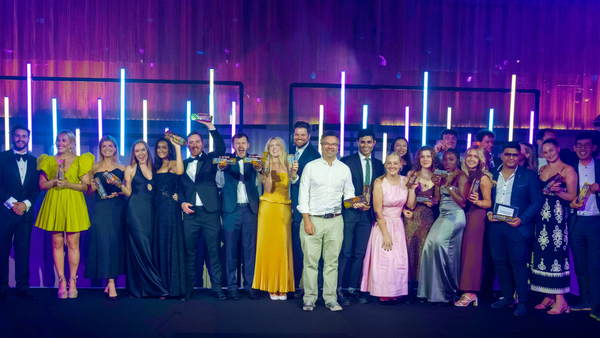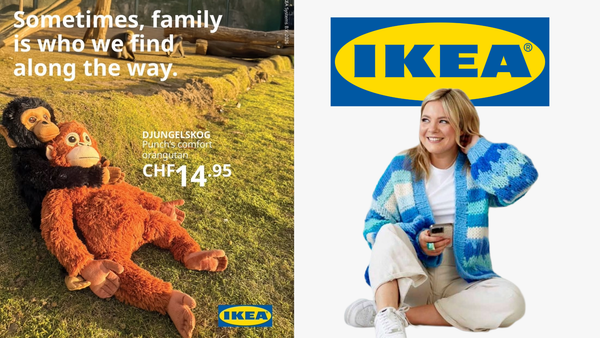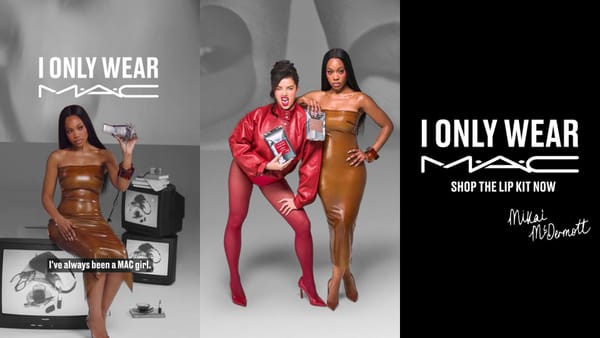The Branded Content Marketing Association (BCMA) is a media partner of the 2019 Influencer Marketing Show. We spoke with Andrew Canter, Global CEO of the BCMA, to chat about this year’s agenda, branded content, and influencer regulations.
You are a media partner of the 2019 Influencer Marketing Show. What are you most looking forward to at the event this month?
Finding out about the emerging trends in influencer marketing and uncovering some of the key insights so we can inform our members.What sessions on the agenda have caught your eye?
There are so many! One of the most interesting for us to include ‘Creators and Branded Content: The Big Debate,’ which looks at the most effective and authentic ways to execute influencer marketing content.Can you describe the difference between what branded content is and what it isn’t, for those that may not know?
Yes, we can indeed. We produced an academic study report, ‘Defining Branded Content For The Digital Age,’ which included a definition of branded content as follows:‘From a managerial perspective, branded content is any output fully/partly funded or at least endorsed by the legal owner of the brand which promotes the owner’s brand values, and makes audiences choose to engage with the brand based on a pull logic due to its entertainment, information and/or educational value’.Are enough brands equipped with the knowledge and skills to commission quality content, do you think?
Unfortunately not. There is a huge amount of work to do in helping brands navigate the challenging area of influencer marketing. This is something we are focused on at the BCMA, having recently launched a Global Chapter, BCMA Influence, which is helping to develop best practices for the influencer marketing industry.What trends are you seeing arise around branded content?
There are a number of current key emerging trends including how technology is impacting content, i.e. augmented reality and virtual reality. Also, brands are becoming content commissioners – more brands are taking creativity in-house and commissioning content directly from production companies, e.g. Hewlett Packard.Do you think perceptions of the regulations are finally starting to change as we are starting to see more brands and influencers clock on to what is required?
Yes, albeit slowly. We have been working with the regulators, i.e. ASA and Ofcom to ensure full disclosure across the influencer marketing industry. We have also produced a new ‘Code Of Conduct‘ for members to adhere to, which also included adhering to all of the rules and regulations.How do you go about promoting best practice and how can others do the same?
There are many ways that we do this. Essentially, we are here to represent our members and give them a platform to give them a collective voice. We work closely with members to produce ‘Best Practice Guides‘ that give members the ‘tool kit’ to produce the best branded content.The ASA recently said that #ad was necessary as a minimum – do you agree?
Yes, as an absolute minimum. We always urge members to give full disclosure when there is a commercial relationship between brand and influencer regardless of the circumstances, i.e. whether it is paid or gifted.What do you think the industry needs to do to further standardise the regulations around sponsored content?
We must all come together as an industry and continue to lobby on behalf of members. One idea would be to agree on an ‘Influencer Marketing Charter’ that would be distributed across the industry that clearly stated the responsibility of all stakeholders involved, i.e. brands, influencers, platforms, producers, media owners, etc.There is still time to get your ticket to the Influencer Marketing Show and meet the BCMA team and see the variety of industry experts taking to the stage to discuss the key challenges, trends, and strategies in influencer marketing. For more information please visit www.thebcma.info.








